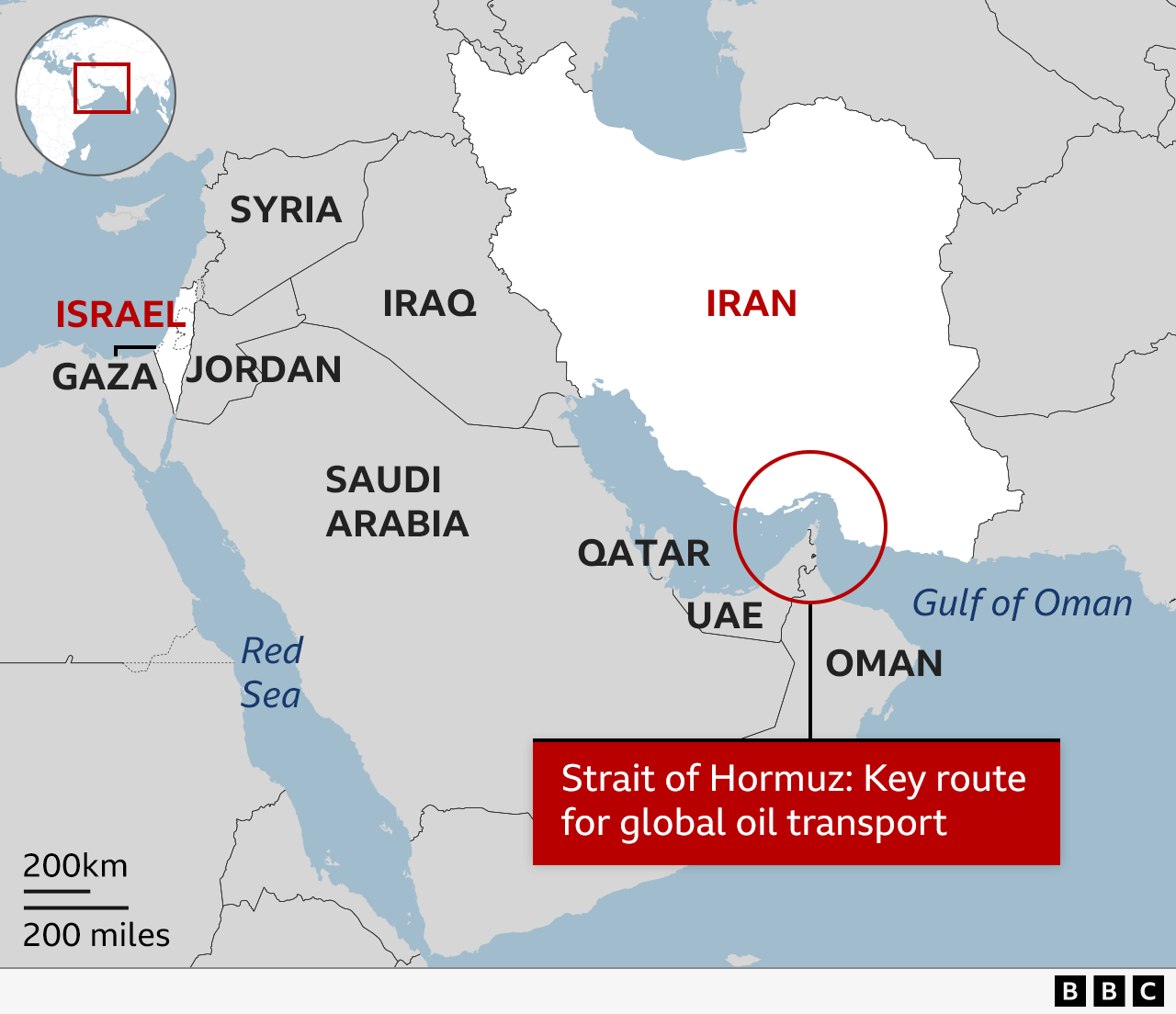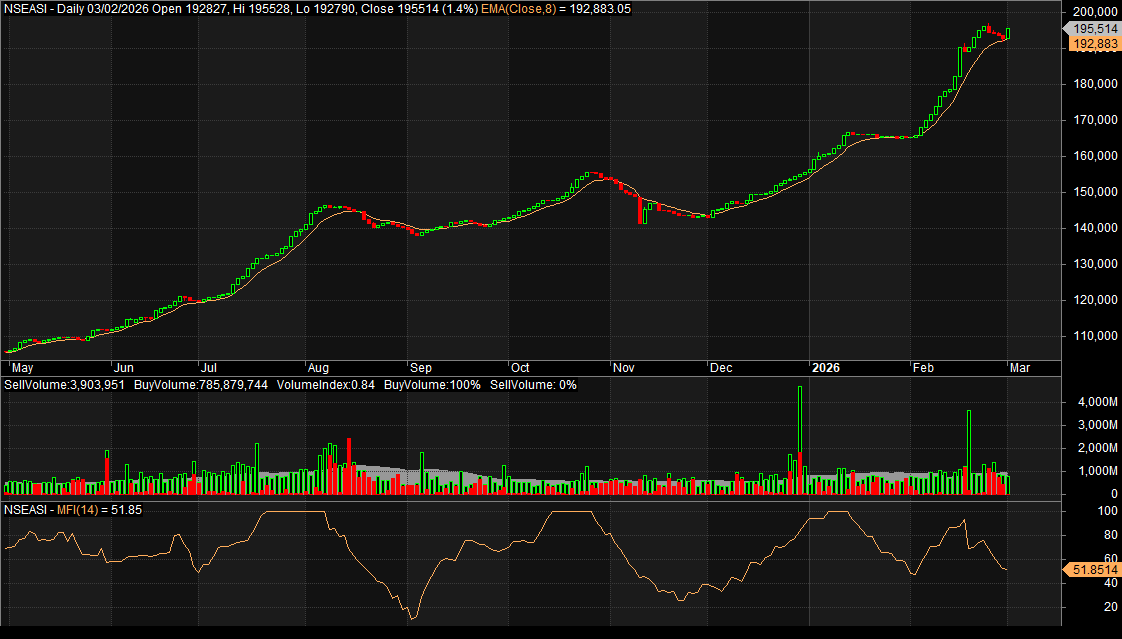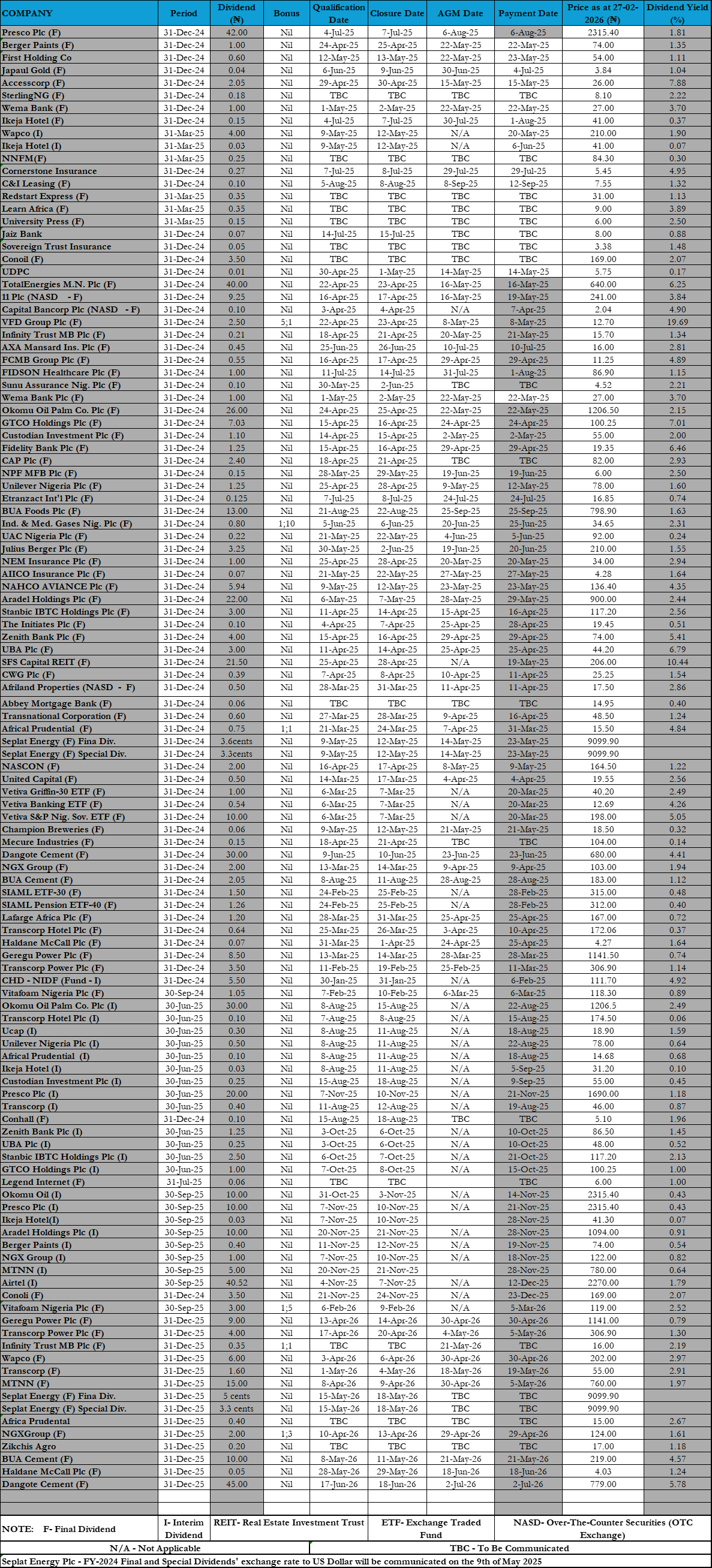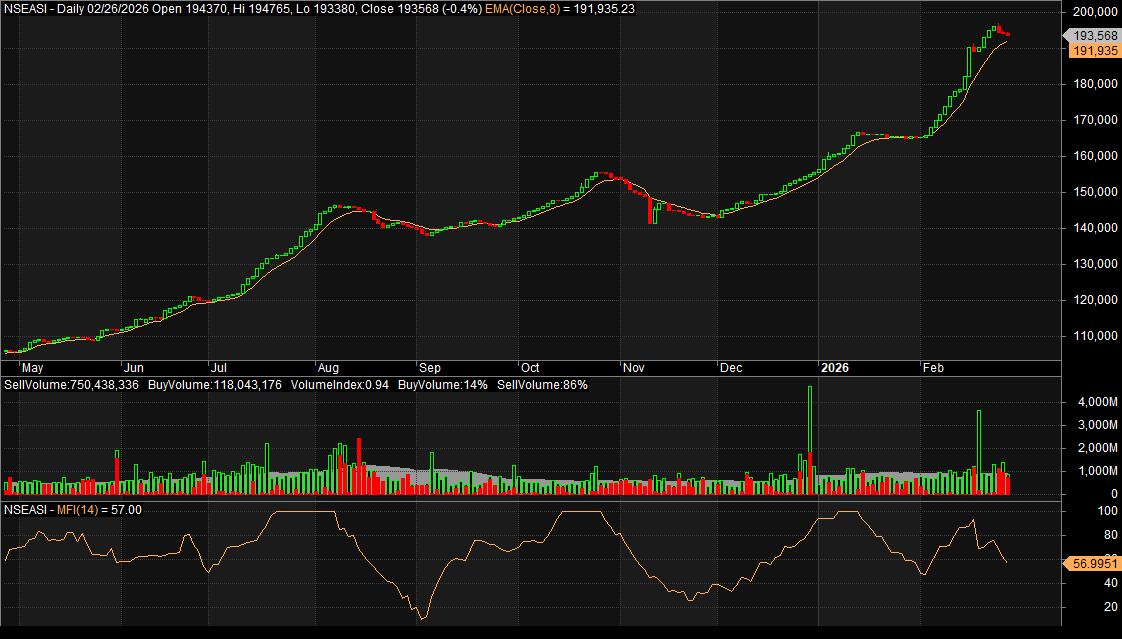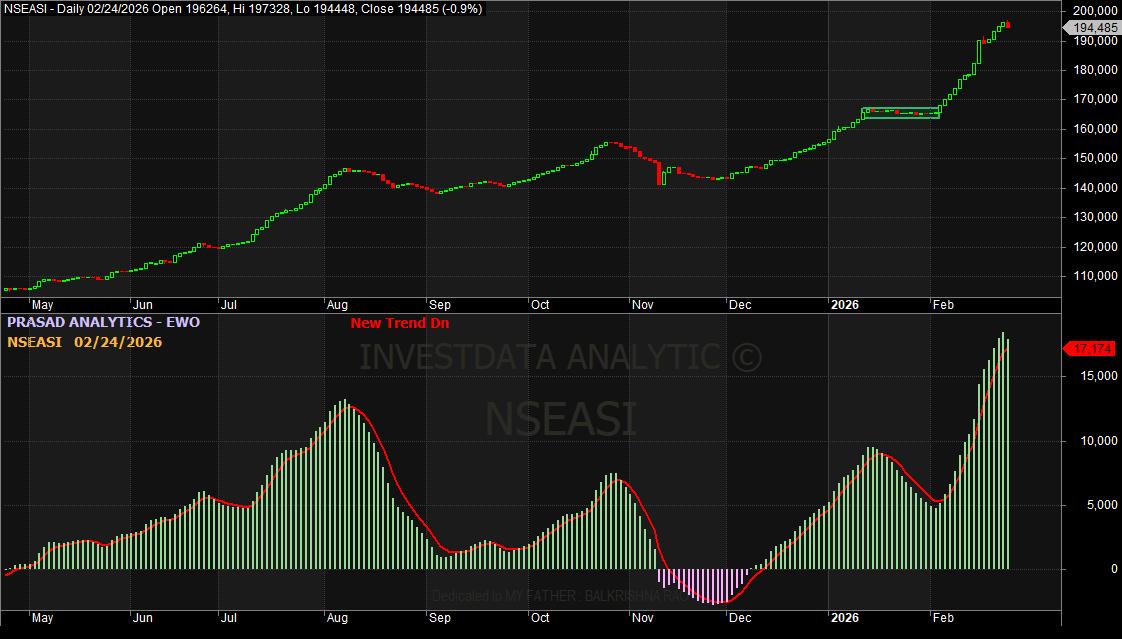
Market Update For November 4, 2025
The Nigerian Exchange (NGX) closed lower for the second consecutive session on Tuesday, extending the bearish trend that started the week. The sustained selloffs across key blue-chip counters dragged the overall market performance further into the red, reflecting waning investor confidence amid tightening liquidity, rising fixed-income yields, and cautious positioning by institutional players.
The market sentiment remained subdued throughout the session, as profit-taking dominated trades in bellwether stocks that had previously driven gains in recent weeks. Investors’ cautious mood also reflected concerns about macroeconomic headwinds such as persistent inflation, weak naira stability, and uncertainty around fiscal policies. These factors have combined to fuel risk aversion and encourage capital rotation from equities to money market instruments offering higher yields.
The bearish sentiment was also influenced by the recent moderation in crude oil prices, which has raised concerns about government revenue and external reserves. The oil market’s weakness, coupled with sluggish global economic growth expectations, has dampened optimism toward oil-dependent economies like Nigeria. Consequently, traders have continued to adopt a defensive stance, trimming exposure to volatile equities in favor of more stable assets.
Market Breadth and Sectoral Performance:
Tuesday’s session closed with a negative market breadth as decliners significantly outnumbered gainers. The sell pressure was pronounced in the banking, consumer goods, and industrial sectors, which collectively accounted for a large portion of market losses. Heavyweights such as GTCO, ZENITHBANK, ACCESSCORP, and UBA in the banking space suffered notable price declines, dragging the sectoral indices lower.
In the consumer goods sector, the pullback in NESTLE, NASCON, and DANGSUGAR further pressured the market, reflecting profit-taking activities in defensive counters. The industrial goods and oil and gas sectors also witnessed mild corrections, with OANDO and BUACEMENT recording declines amid weak investor appetite. Meanwhile, the insurance sector showed some resilience as bargain hunters took positions in select low-priced stocks, though the momentum was insufficient to offset overall losses.
Market Activity:
Despite the bearish close, trading activity improved slightly, suggesting continued portfolio repositioning by market participants. The total volume traded rose by 8.99% to 683.92 million units, while total value increased to ₦20.38 billion, executed in 33,288 deals. This uptick indicates active participation from both retail and institutional investors seeking to capitalize on intraday price movements.
ASOSAVINGS topped the activity chart by volume, trading 111.95 million units, representing 16.37% of total market turnover. FCMB followed with 16.10%, while FIDELITYBK accounted for 8.06%. On the value side, STANBIC led with trades worth ₦3.12 billion, representing 15.29% of total value traded, followed by ZENITHBANK and NESTLE. The increase in both trade volume and value underscores heightened liquidity movement, although selling activities still outweighed buying interests.
Technical Analysis:
Technically, the NGX All-Share Index (ASI) remains in a corrective phase as the bears continue to dominate short-term momentum. The index has maintained a position below its 10-day and 20-day moving averages, indicating persistent weakness. The inability of the market to sustain rebounds above the 153,000-point resistance zone signals that buying momentum remains weak, while sellers continue to drive prices lower.
Current chart patterns suggest a continuation of the bearish wave unless bargain hunters intervene at oversold levels. The Relative Strength Index (RSI) is trending downward, reflecting declining momentum, while the Money Flow Index (MFI) indicates capital outflows from equities. The key support zone lies around 152,000 points, which may attract mild accumulation if the market finds stability. A decisive breakout above 154,500 points could, however, reverse the current downtrend and trigger a short-term recovery.
Oil:
Nigeria’s primary revenue driver, declined sharply on Tuesday following the decision by OPEC+ to pause output hikes in the first quarter of next year. Brent crude fell by 1.25% to $64.08 per barrel, while West Texas Intermediate (WTI) dropped by 1.38% to $60.21 per barrel.
The oil market faced additional pressure from weaker manufacturing data across major economies and a stronger U.S. dollar. The combination of lower energy demand expectations and a stronger dollar has reduced appetite for risk assets.
Investor Sentiment and Market Outlook:
Investor sentiment on the NGX remains fragile as the market continues to navigate a mix of local and global uncertainties. The sustained selloffs reflect a cautious trading mood, with most investors opting for short-term profit-taking rather than long-term accumulation. However, the market’s attractive valuation levels may begin to draw bargain hunters if prices remain subdued in the coming sessions.
In the short term, market direction will likely be shaped by liquidity flows from the fixed-income segment, movement in oil prices, and macroeconomic indicators such as inflation and exchange rate data. While downside risks remain, the possibility of a technical rebound cannot be ruled out as the market approaches oversold levels. Investors are therefore advised to focus on fundamentally strong stocks with consistent earnings, solid dividend history, and attractive entry points.
Market Performance Summary:
At the close of Tuesday’s trading session, the All-Share Index (ASI) declined by 0.72% to 152,629.60 points, from 153,739.11 points the previous day. Market capitalization fell by ₦611.96 billion to ₦96.97 trillion, pushing the year-to-date (YTD) gain down to 48.29%.
The day’s losses were driven by significant selloffs in SKYAVN (-10.00%), NASCON (-10.00%), OANDO (-9.99%), NESTLE (-9.66%), NEM (-8.20%), PZ (-6.02%), GTCO (-4.86%), ACCESSCORP (-2.95%), UBA (-2.47%), ZENITHBANK (-2.30%), NB (-2.10%), ETI (-2.05%), and DANGSUGAR (-1.61%) among others. SUNUASSUR led the gainers’ chart, while SKYAVN topped the losers’ list.
ASOSAVINGS recorded the highest traded volume, with 111.95 million units, while STANBIC closed with the highest traded value of ₦3.12 billion. The weak close and sustained negative breadth reflect a cautious and defensive trading pattern, with market participants watching closely for catalysts that could spark renewed buying interest in the days ahead.



